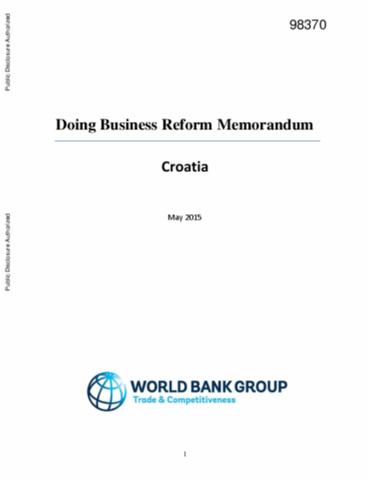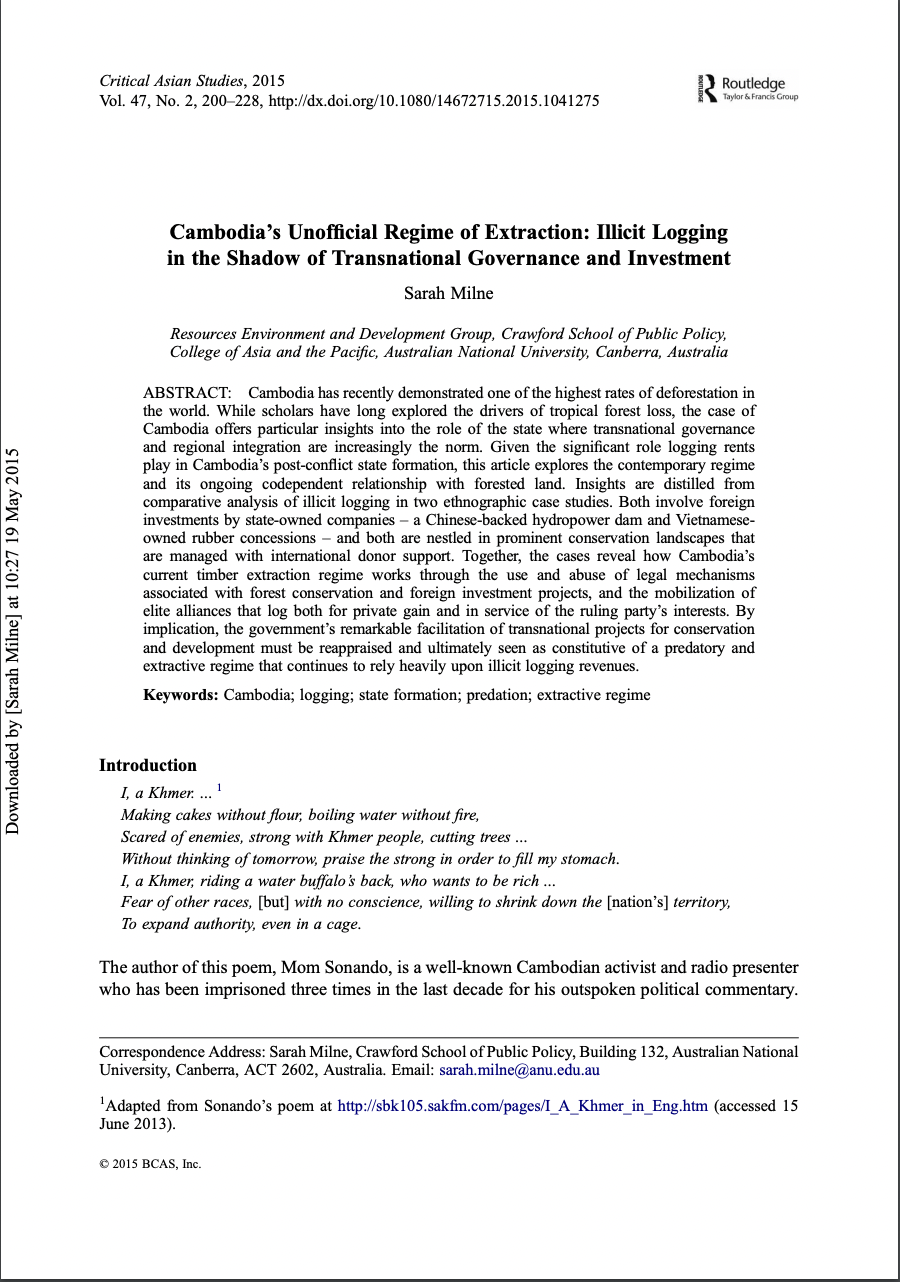Responding to the Challenge of Fragility and Security in West Africa
The inability to unlock natural resource
wealth for the benefit of developing countries’ local
populations, a phenomenon popularly known as the ‘resource
curse’ or the ‘paradox of plenty’, has spawned extensive
debate among researchers and policy makers in recent years.
There is now a well-established body of literature exploring
the links between natural resources and conflict, with some
sources estimating that over the past 60 years, 40 percent






